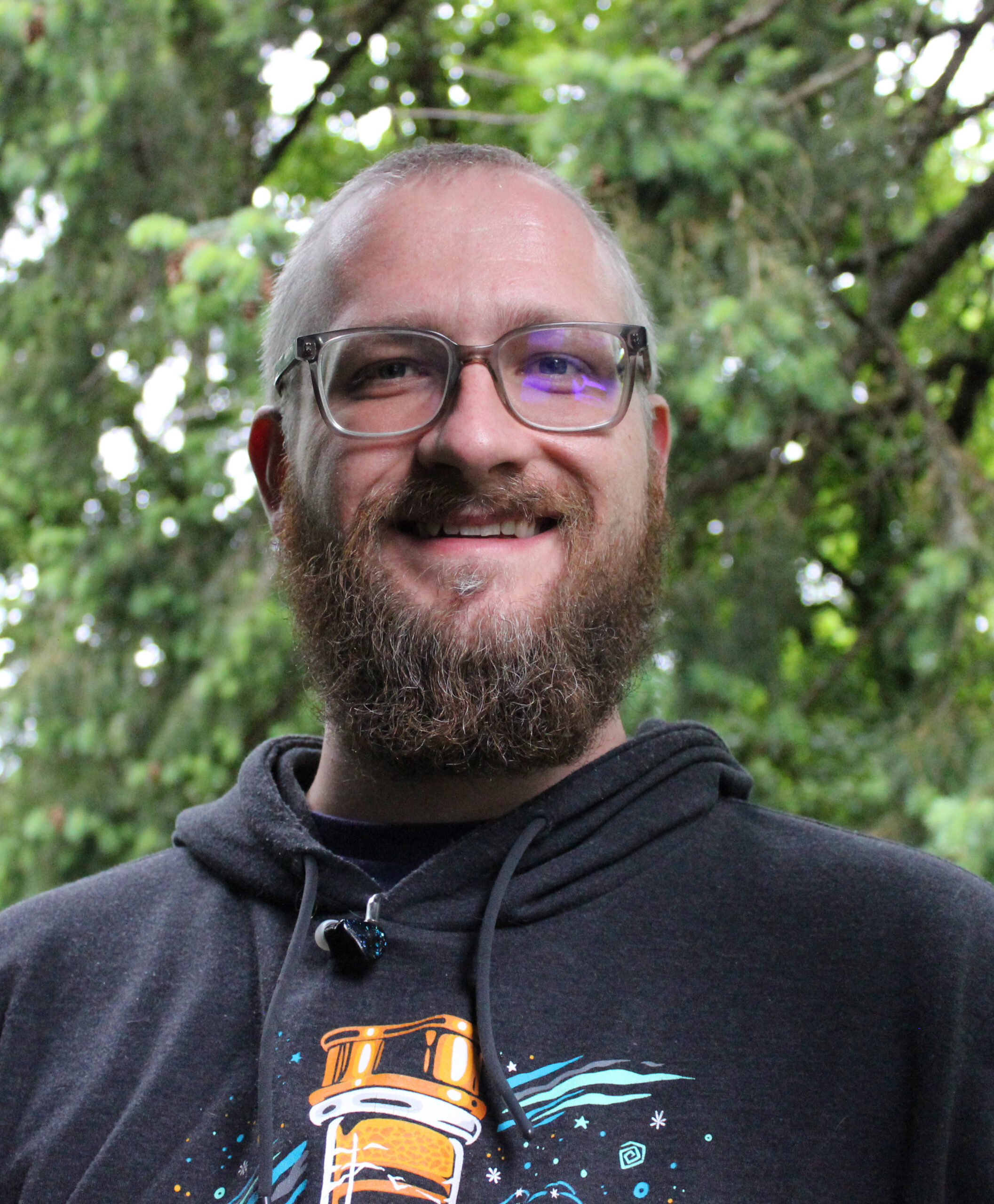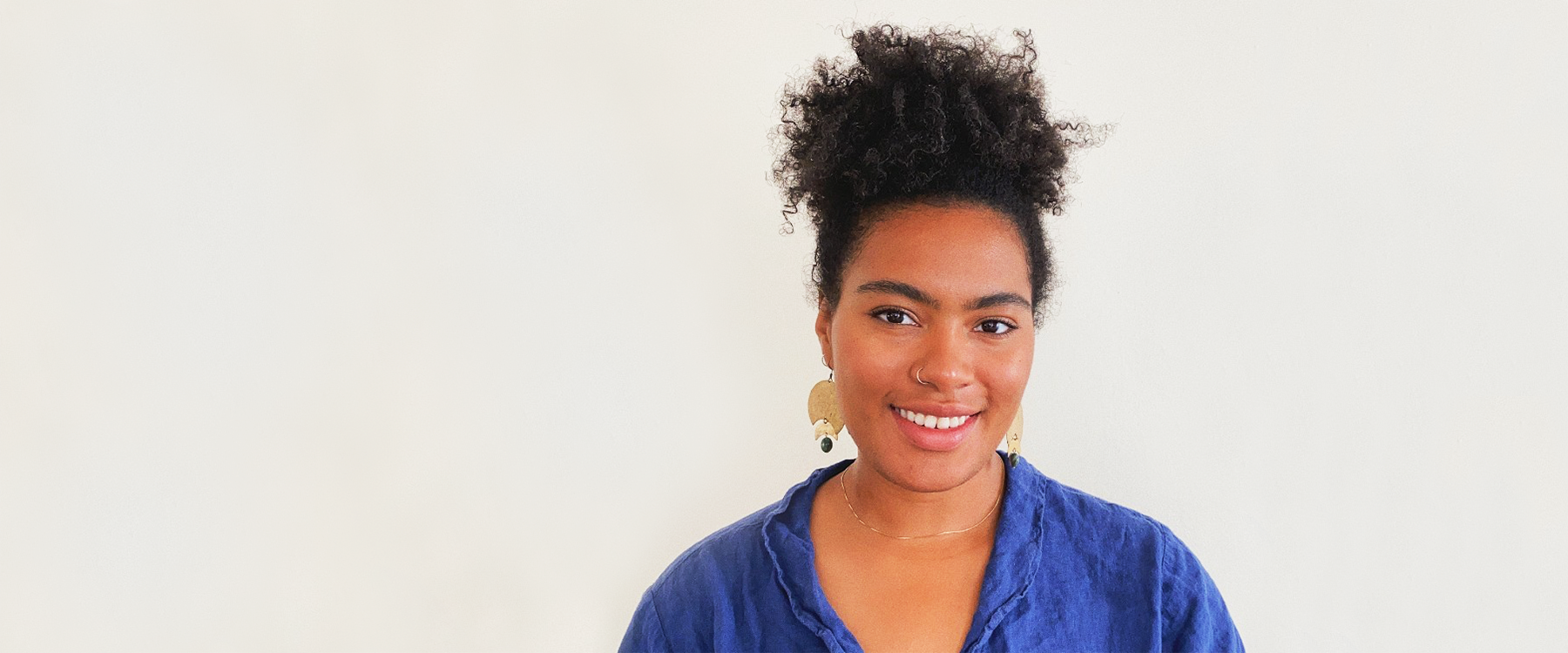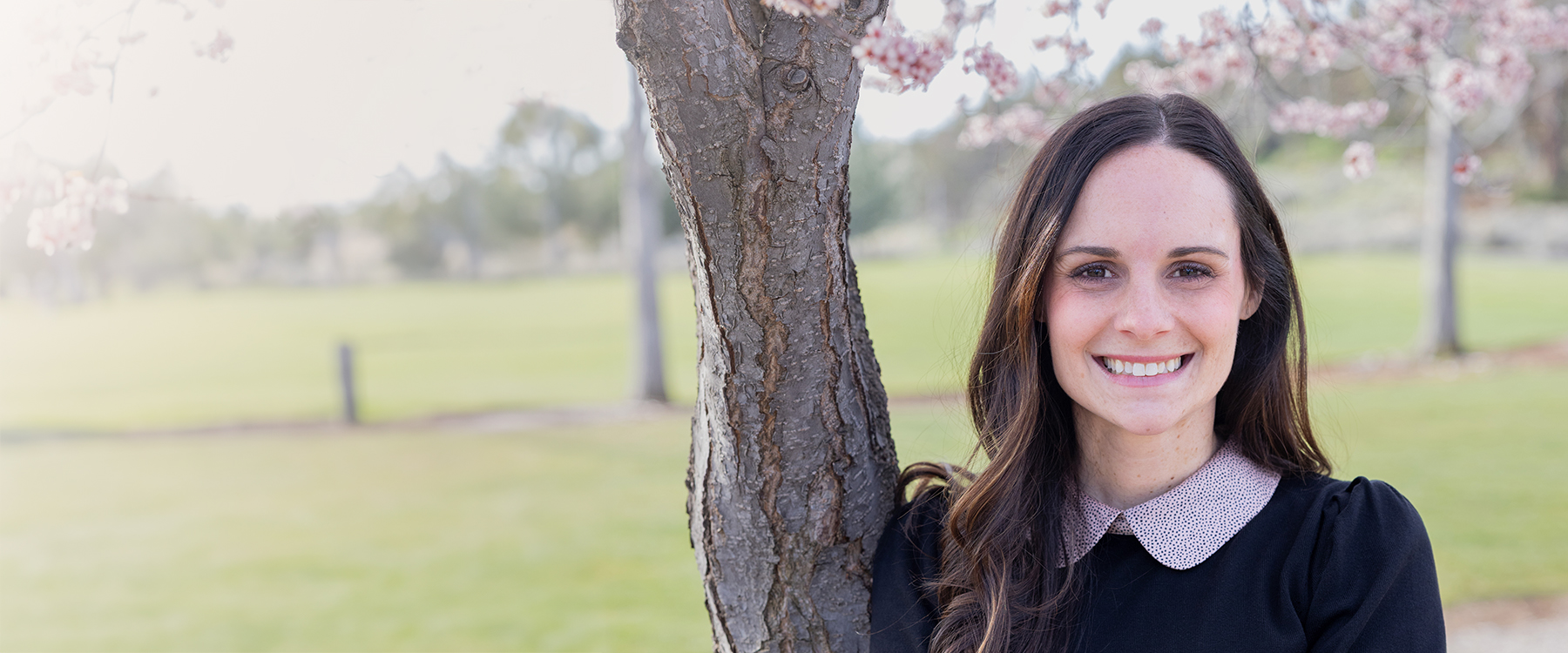Two predoctoral students in the Neuroscience Graduate Program at OHSU were recently awarded the 2025 Lacroute Fellowship. This fellowship is made possible through the philanthropic support of a generous donor.
The Lacroute Fellows Program supports exceptional graduate students conducting innovative research in the Vollum Institute/OHSU Neuroscience Graduate Program. The one-year fellowships cover $24,000 of the students’ stipend and provide a $1,000 allowance for related academic expenses, such as attending scientific conferences or courses.
Congratulations to the 2025 fellows:
- Hoa Trinh, Freeman Lab
- Jed Syrenne, Murthy Lab and Reichow Lab

Hoa Trinh, a third-year neuroscience Ph.D. candidate, is mentored in the lab of Marc Freeman, Ph.D., director and senior scientist in the Vollum Institute. Trinh came to OHSU after earning her B.S. in human physiology with a minor in chemistry from the University of Oregon in 2020. Initially she worked at OHSU as a research assistant in the lab of Arpiar Saunders, Ph.D., which inspired her to pursue a doctorate of her own.
“I have been fortunate to have exceptional mentors at OHSU who have shaped my research path, beginning with Dr. Arpiar Saunders when I first arrived at OHSU as a technician in his lab,” Trinh said. “My current mentor, Dr. Marc Freeman, has been an invaluable mentor throughout my Ph.D. journey. Beyond scientific guidance, he’s fostered a close-knit lab environment that truly feels like family — we celebrate birthdays together, share soup during winter months, and support each other through research challenges. This collaborative mentorship extends across the Freeman Lab, Vollum Institute, and the entire Neuroscience Graduate Program community, which was originally what drew me to pursue my Ph.D. at OHSU.”
At the Freeman Lab, Trinh’s research has evolved to focus on how autism-risk genes regulate neuronal remodeling, a critical developmental process that shapes mature nervous system connectivity. The correlation between neuronal remodeling and typical autism spectrum disorder diagnosis suggests a crucial link between defects in neuronal remodeling and disease pathology.
“My work on how autism-risk genes regulate neuronal remodeling allows me to contribute to understanding a condition that affects millions of families. I would not be able to pursue this research with such strong confidence without the generosity of the Lacroute Fellowship,” Trinh said. “As someone who faced gender discrimination in Vietnam, and who has navigated the challenges of being a first-generation college student, for me, this fellowship provides not just financial support but the confidence to pursue ambitious research questions.”

Jed Syrenne, a fifth-year neuroscience Ph.D. candidate, is mentored in the labs of Swetha Murthy, Ph.D., assistant scientist in the Vollum Institute, and Steve Reichow, Ph.D., scientist in the Vollum Institute. After earning his B.S. in neuroscience from the University of Montana, Syrenne came to OHSU and entered into a co-mentorship with Murthy and Reichow.
“I’m very fortunate. Many graduate students struggle to find a great fit with one principal investigator, and I have managed to find two who always make time for me, give great advice, give me space when I need it, and are always there to support me,” Syrenne said. “I also feel exceptionally lucky to be at OHSU, which has a very open and collaborative culture. I frequently go to other labs on campus, such as the Jackman and Williams labs, for mentorship and advice and have always been met warmly.”
Syrenne currently studies the function and mechanisms of mechanically gated ion channels. These receptors play roles in pain, sensation and hearing, and when mutated, they can cause severe issues such as developmental delays. Many foundational questions about the receptors are currently unanswered, and Syrenne’s research aims to resolve some of these fundamental questions and lay groundwork for the field to better understand how the receptors work.
“I am incredibly proud to be a Lacroute Fellow,” Syrenne said. “It is incredibly validating to have recognition for my work and continued efforts, and it serves as an affirmation that I am moving in the correct direction. Moreover, the financial support provided by the fellowship offers stability in a time of unprecedented volatility in the research community. This stability removes stress and allows me to better focus on my research and my degree.”




